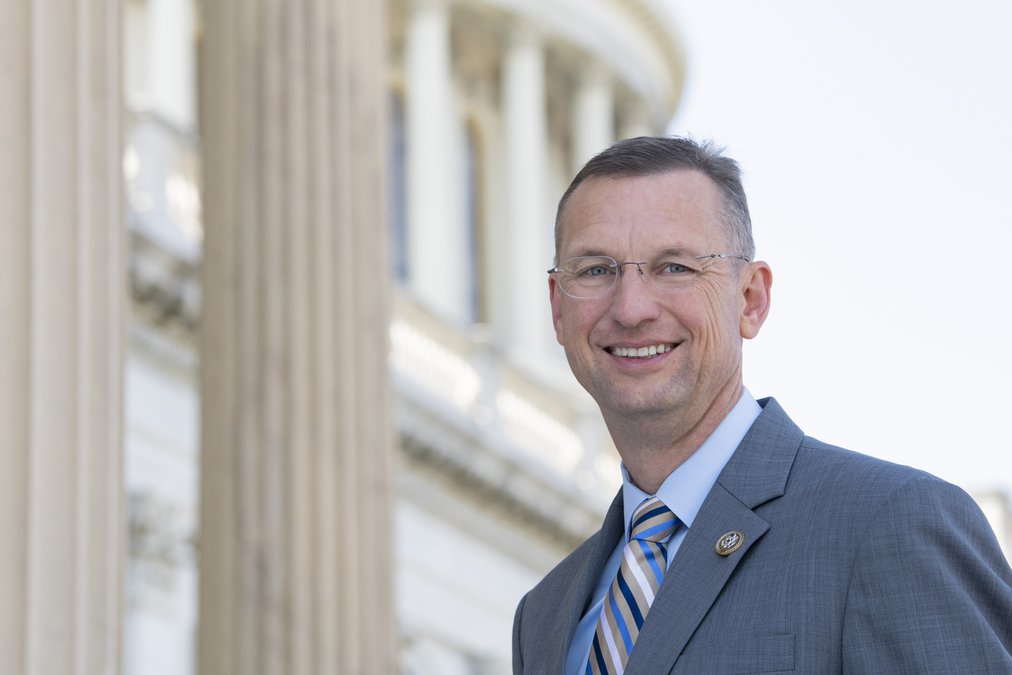ATLANTA (AP) — Georgia’s chief elections administrator is now among those who are saying rules shouldn’t change for elections this year.
Republican Secretary of State Brad Raffensperger said Friday that he believes the state should hold party primaries to select nominees before special elections, instead of letting all candidates run against each other regardless of party affiliation. But he wants to study the issue and make no changes now.
The issue arose after House Bill 757 began advancing in the chamber. The legislation would require party primaries be held in advance of a special election to the U.S. Senate this year. That race, which features appointed incumbent Kelly Loeffler, U.S. Rep. Doug Collins, the Rev. Raphael Warnock and others, will determine who serves the final two years of a U.S. Senate term after Johnny Isakson resigned.


The House bill was seen as a way to help Collins defeat Loeffler in the Republican primary. It had drawn a veto threat from Republican Gov. Brian Kemp, who appointed Loeffler and is backing her. Democrats were supporting the bill too, hoping to consolidate support behind Warnock and prevent a January runoff, which would follow if no one won a majority.
The chances of requiring a primary nose-dived on Thursday, though, when the measure was sent back to committee for more work and House Speaker David Ralston said he didn’t want to single out the Senate special election. Ralston, a Blue Ridge Republican and Collins ally, had been backing the bill.
“We agree with Speaker Ralston that jungle elections are problematic,” Raffensperger said in a statement on Friday, using a common term for an all-party special election. “That is why we propose a bipartisan commission to review and propose legislation to rationalize the special election process for future elections after 2020.”
Raffensperger had sought an original version of the bill to clarify his ability to set a qualifying date for the special election, before it was amended to include the provisions on primaries. Raffensperger has said he wants to hold qualifying for the special election in March, at the same time candidates in other federal and state legislative races will qualify to run.

